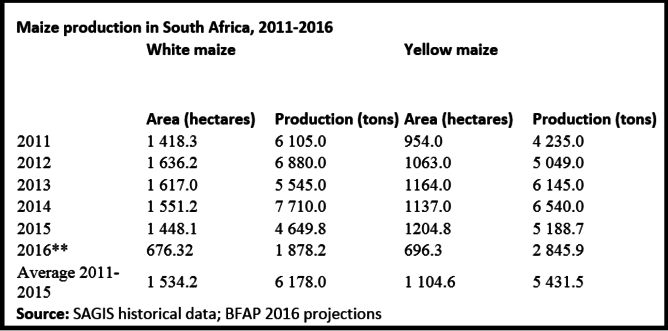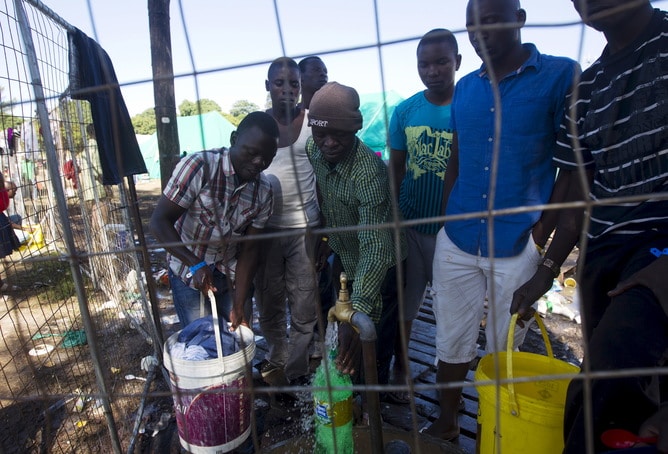The World Bank Goes Silent on South Africa
Sometimes silences speak volumes.
In his seminal book The Anti-Politics Machine Stanford University anthropologist James Ferguson criticised the World Bank’s 1980s understanding of Lesotho as a “traditional subsistence peasant society.”
Apartheid’s migrant labour system was explicitly ignored by the bank, yet remittances from Basotho workers toiling in mines, factories and farms across the Caledon River accounted for 60% of rural people’s income:









